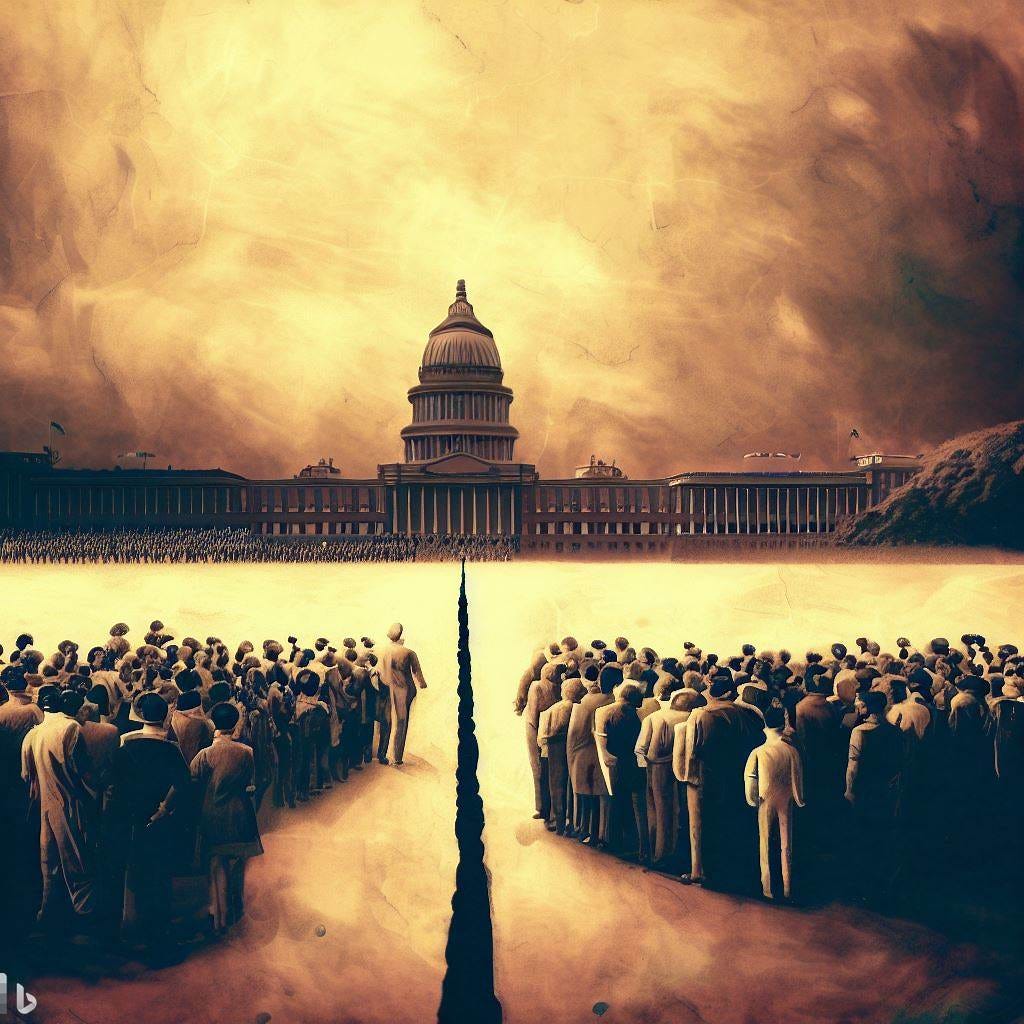Good Intentions Can't Trump Fairness
Wine distribution laws have suffered the same problems as Affirmative Action programs
In the recently decided affirmative action case that came before the U.S. Supreme Court, a policy meant to help one group was struck down as unconstitutional. Harvard and the University of North Carolina both wanted to help remedy the continuing impact of slavery and Jim Crow by taking action to bring more African Americans into their educational settings. And in working to help right previous wrongs, these institutions wanted to bring the benefits of wider racial diversity to their student body.
However, in the process of attempting to deliver these benefits, both Harvard and UNC ended up harming another group, primarily Asian-Americans, who despite their very high academic achievement, were subjected to far more rigorous criteria for entrance.
What we have here is an example of one policy, meant to help promote one group, harming another group. This situation mirrors a condition that exists across the alcohol industry.
Across the country, states have enacted “self-distribution” laws that are meant to help their small or craft brewers, distillers, and wineries by allowing them to distribute their products directly to retailers and restaurants and forego the use of middle-tier wholesalers. By providing this privilege, lawmakers provide small producers a way for them to get their products to market when wholesalers refuse to represent them. In many cases, the ability to go around a wholesaler means higher margins too. However, these laws almost always only applied to producers located in the state, not outside the state.




